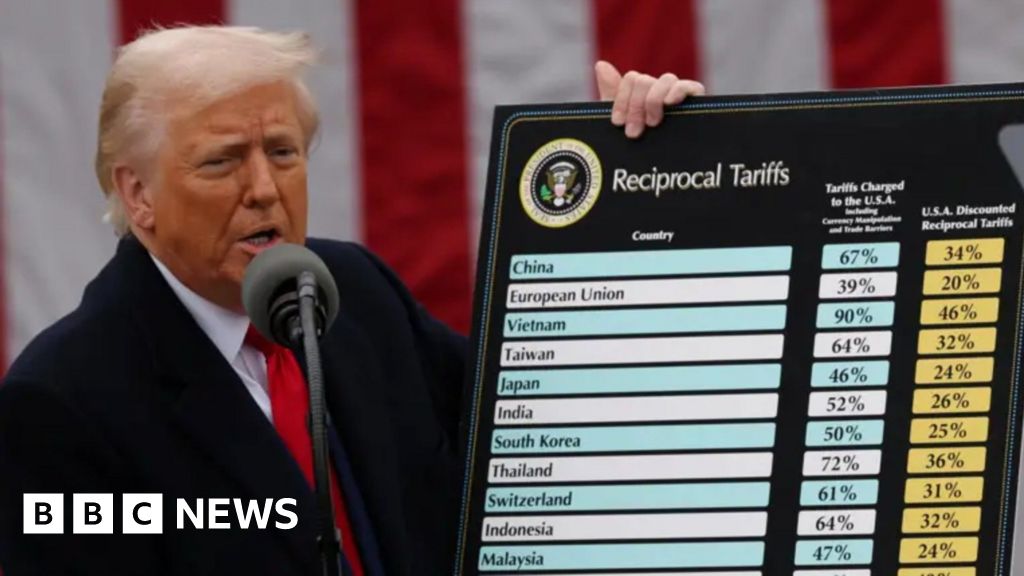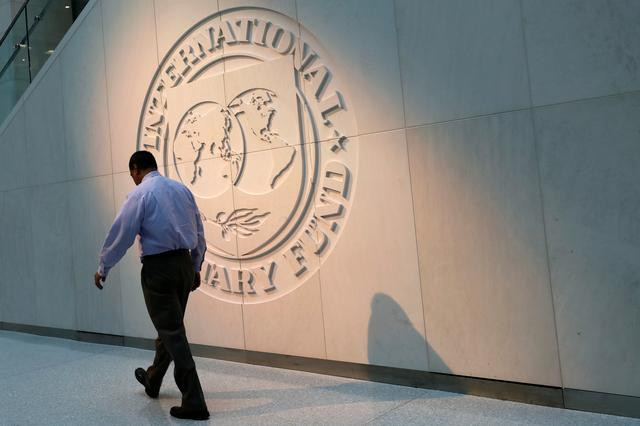ISLAMABAD:
The International Monetary Fund (IMF) has reduced the economic growth forecast of Pakistan to 0.5% as well as steeply increased inflation projections far above 20% for two years — underscoring that the people’s hardships would not end soon and interest rates might remain at their highest levels.
The IMF’s World Economic Outlook report released on Tuesday also showed that the global lender had marginally lowered its projection for Pakistan’s current account deficit (CAD) for this fiscal year — keeping it at 2.3% of the GDP that appeared unrealistic.
The report showed that the global lender had revised downward the country’s GDP growth rate for the fiscal year 2022-23 and the next one.
However, it significantly upward adjusted the inflation forecast in line with the prevailing harsh conditions.
Compared with the 19.9% average inflation rate projection at the time of the 8th programme review, the IMF has now shown the barometer crossing 27% for the current fiscal year.
The annual inflation rate has already peaked at a 50-year high of 35% and keeping the average rate above 27% suggested that the annual rate would remain elevated.
For the next fiscal year 2023-24, the IMF has also increased its average inflation forecast by more than double to 21.9%, according to the report.
Just eight months ago, the IMF had projected a 10% inflation rate for the fiscal year 2023-24.
The higher inflation rate projections reflect that any government in power will not have the luxury to reduce the interest rates if it will be keen to sign off on the new IMF programme.
The country’s central bank has already increased the interest rate to 21%.
This figure is still in the negative if adjusted with the inflation rate.
However, global headline inflation has been projected to be on the declining path by the IMF.
This will be amid the people in Pakistan facing the multi-decade highest inflation rate.
According to the IMF report, the global headline inflation has been declining since mid-2022 at a three-month season adjusted annually.
A fall in fuel and energy commodity prices, particularly in the US, Europe, and Latin America, has contributed to this decline, according to the IMF.
Inflation in Pakistan has been accelerating because of the steep currency devaluation; imposition of new taxes; and hike in electricity, gas, petrol, diesel and supply-side food items — factors that are mostly indigenous.
The report showed that the IMF has cut its GDP growth forecast of Pakistan from 3.5% to just 0.5% for this fiscal year — a projection that is in line with similar forecasts by the World Bank and Asian Development Bank.
The IMF also lowered the economic growth forecast for the next fiscal year from 4.2% to 3.5%.
Various studies point out that Pakistan needs to achieve at least 7% to 8% economic growth rate for the next 20 years to absorb the youth bulge.
The successive governments have attempted to achieve this rate without increasing savings but by solely relying on borrowings that every time ended up in an economic crisis.
The IMF report stated that the unemployment rate would increase in Pakistan from the previous 6.2% to 7% in this fiscal year.
Last week, the World Bank predicted that about 3.9 million more Pakistanis would slip into poverty because of various economic shocks.
The IMF report has projected the CAD at 2.3% of the GDP for the current fiscal year — relatively higher than the estimates by the World Bank and the Asian Development Bank.
For the next fiscal year, the deficit has been shown at 2.4% of the GDP.
At the time of the 8th review, the IMF had shown Pakistan’s CAD at 2.5% of the GDP.
However because of import restrictions, the deficit during the first eight months remained at only $3.9 billion, which will now increase to $8 billion in the remaining four months.
The higher deficit projections mean that Pakistan will have to arrange more loans to meet its external financing requirements.
The government’s inability to receive $6 billion in new loans is one of two outstanding issues hampering the finalisation of a staff-level agreement with the IMF.
Pakistan has claimed that it has so far secured $2 billion financing assurance from Saudi Arabia and is waiting for a $1 billion loan confirmation by the UAE. This still leaves it with a gap of $3 billion.
The IMF has marginally reduced the global economic growth forecast to 2.8% for 2023, 0.1 percentage point lower than that predicted in January 2023.
The return of the world economy to the pace of economic growth that prevailed before the bevvy of shocks in 2022 and the recent financial sector turmoil is increasingly elusive, according to the global lender’s report.
The global economy is yet again at a highly uncertain moment, with the cumulative effects of the past three years of adverse shocks — most notably, the COVID-19 pandemic and Russia’s invasion of Ukraine — manifesting in unforeseen ways.
The IMF stated that the unexpected failures of two specialised regional banks in the US in mid-March 2023 and the collapse of confidence in Credit Suisse — a globally significant bank — had also roiled financial markets, with bank depositors and investors reevaluating the safety of their holdings and shifting away from institutions and investments perceived as vulnerable.
The loss of confidence in Credit Suisse resulted in a brokered takeover.















































